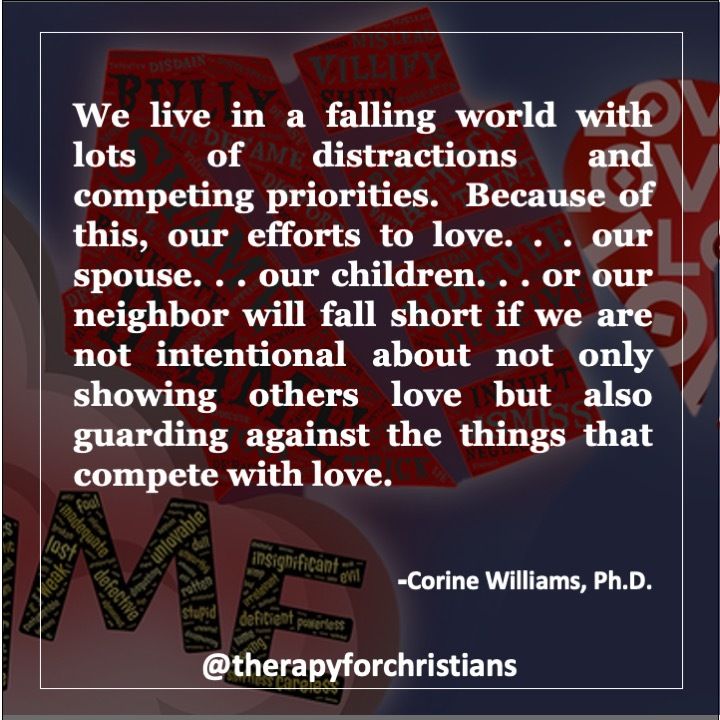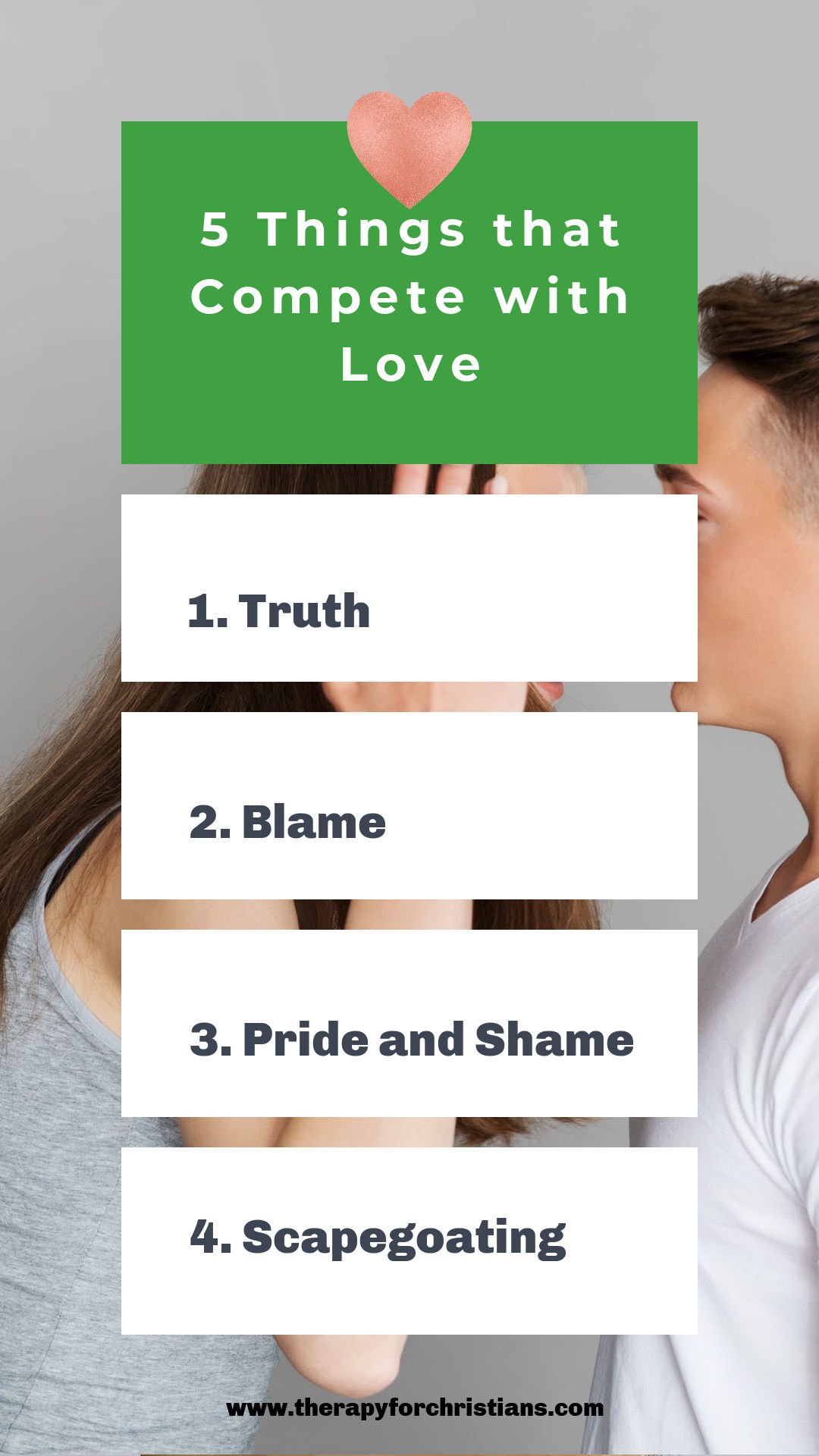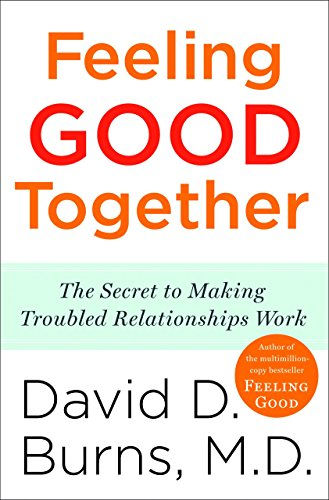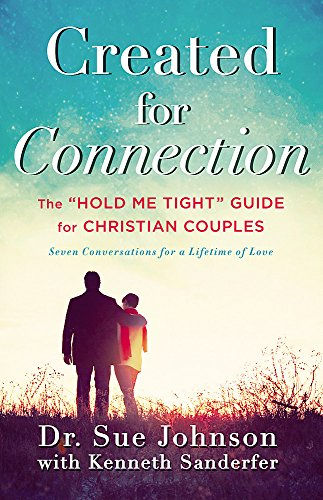
Couple after couple often ask me “why isn’t love enough for a great marriage.” The answer is often a complex one. I firmly believe true love. . . Biblical love is enough. Don't get me wrong, I believe Biblical love is enough. However, I also know that we live in a fallen world with lots of distractions and competing priorities. As a result, we need to be intentional about not only showing others love but also guarding against the things that compete with love. If we are not mindful of this, our efforts to love. . . our spouse. . . our children. . . or our neighbor, will fall short.
 Like this Content on FacebookI first learned about the idea that there are things that compete with love while reading Feeling Great Together by David Burns. In it he asks the reader to imagine someone they don’t like. . . the person that really gets under your skin. Then he offers the readers a magic button, that when pressed will create a loving, close, caring relationship with that person. “No effort will be required to bring this change about. Just push the button, and the person you're feeling annoyed with will suddenly become your closest friend.” As you can imagine, most people would not push the button. When the person is someone you don’t like. . . who annoys you. . . who you consider your enemy, the reasons for not pushing the button becomes obvious (you need them to admit their wrongdoing, you may still want to get back at them for the wrongs they have done). It is these same reasons that often prevents us from giving and receiving love.
Like this Content on FacebookI first learned about the idea that there are things that compete with love while reading Feeling Great Together by David Burns. In it he asks the reader to imagine someone they don’t like. . . the person that really gets under your skin. Then he offers the readers a magic button, that when pressed will create a loving, close, caring relationship with that person. “No effort will be required to bring this change about. Just push the button, and the person you're feeling annoyed with will suddenly become your closest friend.” As you can imagine, most people would not push the button. When the person is someone you don’t like. . . who annoys you. . . who you consider your enemy, the reasons for not pushing the button becomes obvious (you need them to admit their wrongdoing, you may still want to get back at them for the wrongs they have done). It is these same reasons that often prevents us from giving and receiving love.
Truth
Love. . . rejoices with the truth 1 Corinthians 13:6
I used to work at a summer camp. One of the many jobs I had were refereeing between two 8-year-olds’ arguments. While the content of the argument changed from day to day, from child to child; they all had one thing is common. . . “I’m right and he’s wrong.” Fast-forward 20 plus years later and I sometimes find myself being drawn back into refereeing arguments between couples and families that still have that “I’m right and he’s wrong” theme.
True love rejoices in “the” truth. . . Not our truth. Often times in arguments with our loved ones, there is truth to what they are saying, just as there is truth to what we are saying. Let me give you an example, I recently got into an argument with my husband over how he was organizing his clothes. He decided some of his clothing was best left on top of his drawer, and I decided that all clothing should be kept out of sight in our bedroom. I know, I know, just typing this makes me realize how ridiculous the argument was. Any who, the argument basically ended with us accusing each other of being controlling. In the moment, I did not see my actions as controlling. But there was truth to what he was saying. My desire to have all the clothes in the drawer was controlling, just as his desire to “display” his hoodies on top of the drawer. It was not until I was willing to see his truth. . . me as controlling, that I was I free to act in love. . . The truth will set you free - John 8:32. I challenge you, during your next argument to search for the truth in the other person statement.
p.s. in case you are wondering how the argument ended, we were able to both see each other’s truth and agree that the hoodies could be kept on top of the dresser in the guest bedroom.
Blame
The man said, “The woman whom you gave to be with me, she gave me fruit of the tree, and I ate.” Then the Lord God said to the woman, “What is this that you have done?” The woman said, “The serpent deceived me, and I ate.” – Genesis 3:12-13
Closely connected to being willing to see the other person’s truth, is being willing to let go of blame. In fact, being willing to let go of blaming the other person is so powerful, I am unwilling to engage a couple in marriage therapy without it. However, as you can see for Genesis 3, blame appears to be so ingrained that it almost appears to be in an instinct. . . reflect.
Blaming others is freeing. When Adam said “it was the woman” he was basically saying “I’m not it. . . I’m off the hook.” Likewise, when Eve said it was the serpent, she was freeing herself.
The blame game is not a pleasant one, and it usually leads to division, alienation, opposition, hatred, and even revenge. However, like most conflicts and problems, there is usually plenty of blame to go around. Playing the blame game doesn’t make things better; it makes them worse. When we blame others, we avoid taking responsibility for our actions.
Sometimes the real problem is not so much that the other person really is to blame, but rather, the fact that you're blaming them. The moment you blame the other person, they'll blame you right back. It's like a game of hot potato—no one wants to get stuck with the potato. Blame is arguably the most toxic and addictive mind-set of all. It competes fiercely with our desires for love.
At some point, despite ALL of the terrible things that may have happened, we must step up and take personal ownership and responsibility. We must tap into the love, resources, and gifts that God has readily available to us and then we must proceed to make a BETTER way for ourselves.
 Pin It
Pin It
Pride and Shame
1 Corinthians 13:4 is not proud or arrogant (AMP)
Since love is not proud or arrogant when things happen in relationships, as they always will, we have to be willing to receive feedback. However, when things go wrong in relationships, our pride gets in the way. The source of all pride is shame. Shame is often activated in our intimate relationships when we receive negative feedback or criticism. Instead of being willing to seek the truth in the negative feedback or criticism, we react pridefully and defend our actions.
Shame is such a wretched feeling, most of us try to deny that we feel it, hoping that if we don't look at it, the shame will magically vanish. But shame is stubborn. The more we deny it by defending our actions, the more it acts as glue and sticks to us.
I fully believe just as the Lord Jesus is willing to forgive us when we confess our sins (1 John 1:9), our spouses are willing to draw closer to us and build a more intimate relationship with us when we see the truth in their criticism and/or acknowledge our faults. True humility . . . seeking the truth in negative feedback and criticism is the only antidote to shame. So the next time you feel you receive negative feedback or criticism from your spouse, I would encourage you to find the truth in their criticism and acknowledge that truth in humility without defending yourself.
Scapegoating
1 Corinthians 13:4 believes all things [looking for the best in each one] (AMP)
Leviticus 16:1-34 we find the biblical example of how using a scapegoat can make us feel better about ourselves. Aaron, or another priest, would select a goat on behalf of the entire tribe, cast upon it each person’s individual’s sins. Once this was done, the goat was set free outside the community. This ritual allowed each member of society to feel better about themselves. However, there are two huge problems with this practice. 1) while this practice allows everyone to feel better, no one had to acknowledge their specific sins. 2) Jesus became our ultimate scapegoat and thus abolished this ritual.
Though Jesus has abolished this ritual, scapegoating plays out time and time again in marriages and prevents us from feeling true love and intimacy. For example, it is not uncommon for one spouse to blame martial difficulties on the other by labeling their spouse as “mean,” “unloving” “just difficult to deal with” etc. Labeling our spouse in such a way, allows use to feel better about ourself but does not cause us to give or receive love from our spouse. Instead of labeling our spouse, we need to be willing to see the best in them and look for the good in their actions and behavior.
So there you have it, the first four things that may be making it hard for you to show and receive love are 1) The need to hold on to your truth and failure to see the other person’s truth, 2) blaming the other person for the problems, 3) pride and shame not allowing use to receive feedback and 4) using our spouse as a scapegoat by labeling them in some negative way.
If you are ready to deal with the things that compete with love, I highly recommend scheduling an appointment with a qualified Christian mental health therapist and/or checking out the below books on marriage and love.
 |  |  |
| Check Out Our Review Here | Check Out Our Review Here | Check Out Our Review Here |
 |  |  |
You can read part 2 of this series here: Things that compete with love part 2
About the Author:
 Corine Williams, Ph.D. is Clinical Psychologist that is currently seeing clients in the States of Maryland, New Jersey, and New York. You can find out more about her practice by visiting www.therapyforchristians.com/corinewilliams. In addition to providing individual therapy, Dr. Williams is also passionate about writing books and designing merchandise that educate, uplift, and normalize mental health subjects in the Christian community. You can find out more about her at www.booksbycorine.com or by visiting her amazon profile here: https://www.amazon.com/Corine-Hyman/e/B00AWZ5FL2
Corine Williams, Ph.D. is Clinical Psychologist that is currently seeing clients in the States of Maryland, New Jersey, and New York. You can find out more about her practice by visiting www.therapyforchristians.com/corinewilliams. In addition to providing individual therapy, Dr. Williams is also passionate about writing books and designing merchandise that educate, uplift, and normalize mental health subjects in the Christian community. You can find out more about her at www.booksbycorine.com or by visiting her amazon profile here: https://www.amazon.com/Corine-Hyman/e/B00AWZ5FL2
Help us increase mental health awareness in the Christian community by donating through our paypal link here: www.paypal.com/therapyforchristians, joining our mailing list by clicking below, or join our provider list here: Provider listing
Disclaimer: the information, including but not limited to, text, graphics, images and other material contained on this article are for informational purposes only. No material on this site is intended to be a substitute for professional medical advice, diagnosis or treatment. If you are looking for a Christian counselor near you, please check out our directory located here: Christians Therapist Near Me
Featured Christian Therapists
Specialty Psychiatrist or Nurse Practiti... Located in Vancouver, WA
View ListingSpecialty Psychiatrist or Nurse Practiti... Located in Houston, TX
View Listing.png)









